Maintaining your guitar is essential to ensure it performs at its best and has a long lifespan. Proper care and attention to your instrument can prevent common issues such as rust, warping, and cracking, ensuring that your guitar remains in excellent condition and delivers a consistently high-quality sound. Here are some essential tips for maintaining your guitar:
1. Regularly Replace Guitar Strings
Generally, most people experience sweat corrosion on the strings during practice, which leads to rust. Even if you use coated strings, the tension of new strings will decrease over time after more than 3 months of use, eventually causing the strings to be unable to maintain a standard and stable pitch. Therefore, guitar strings should ideally be replaced every 1-1.5 months, and if using coated strings, they should be replaced every 3 months.

2. Loosen the Strings When Not Playing for a Long Time
For a guitar tuned to standard pitch, the strings have a certain amount of tension. If you frequently play your guitar, the neck will generally not have issues. However, if you do not plan to play your guitar for an extended period, it is best to loosen all the strings. Otherwise, the neck might bend or warp due to the string tension, which in severe cases, could lead to neck breakage.

3. Maintain Appropriate Temperature and Humidity
A guitar is made of wood, which is susceptible to moisture and freezing, leading to cracks. If the environment has high humidity, it can cause the guitar to absorb moisture, resulting in a muffled sound and warping of the top and neck. Extreme temperatures, whether too high or too low, can cause the top and fingerboard to crack.

4. Clean the Guitar Regularly
Wipe down the guitar body and strings with a soft, dry cloth after each use to remove sweat, oil, and dirt. For deeper cleaning, use specialized guitar cleaners and polishes. Avoid using household cleaners, as they may damage the finish of the guitar.
5. Store the Guitar Properly
When not in use, store the guitar in a hard case to protect it from physical damage and environmental changes. Avoid placing the guitar in direct sunlight, near radiators, or in damp areas. Using a hygrometer and humidifier inside the case can help maintain optimal humidity levels.
6. Regular Check-ups
Periodically take your guitar to a professional for a check-up. They can assess the condition of the neck, frets, and overall setup, making any necessary adjustments to ensure the guitar plays its best.

Following these steps will help ensure your guitar remains in excellent condition, providing you with a better playing experience and prolonging the instrument's lifespan.


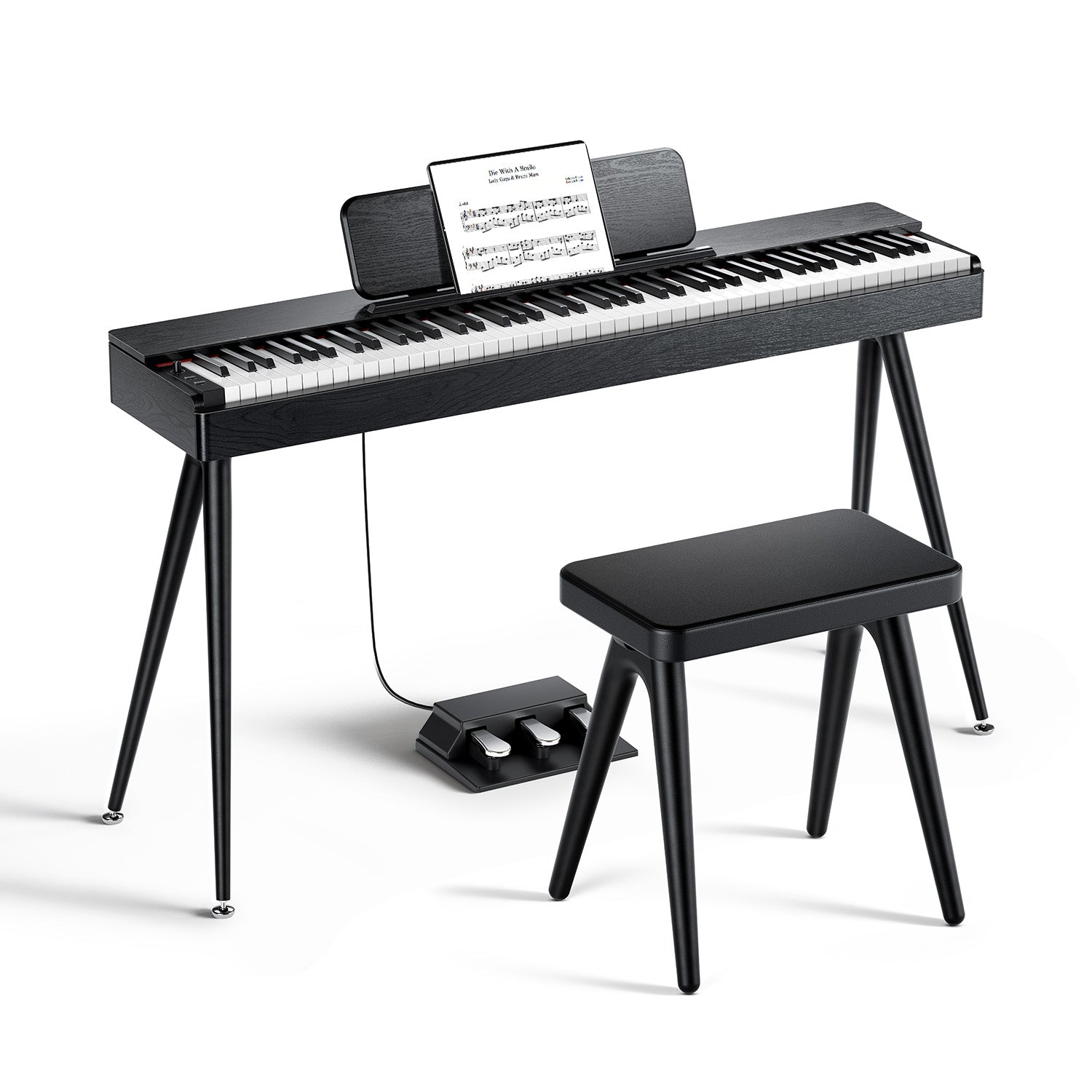
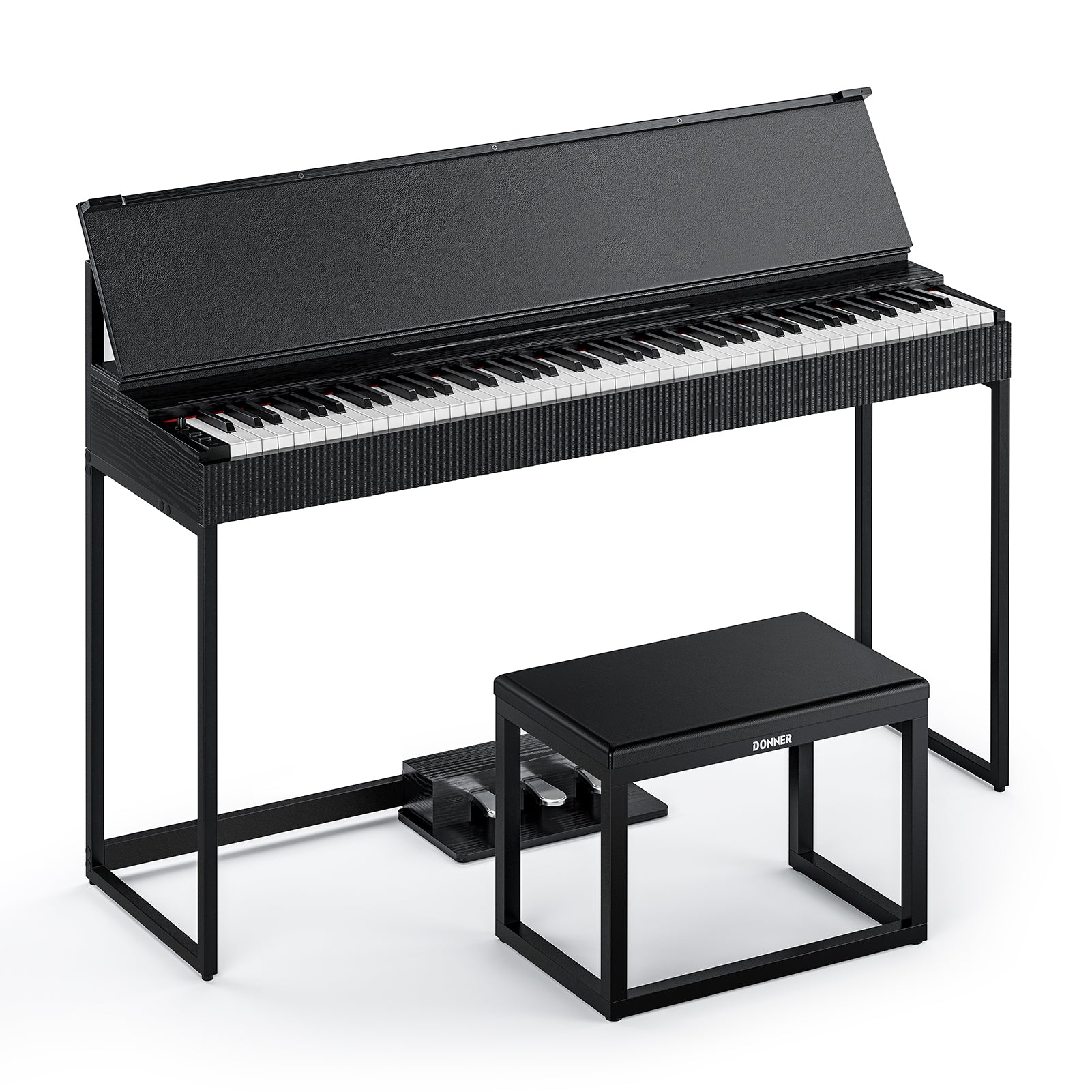
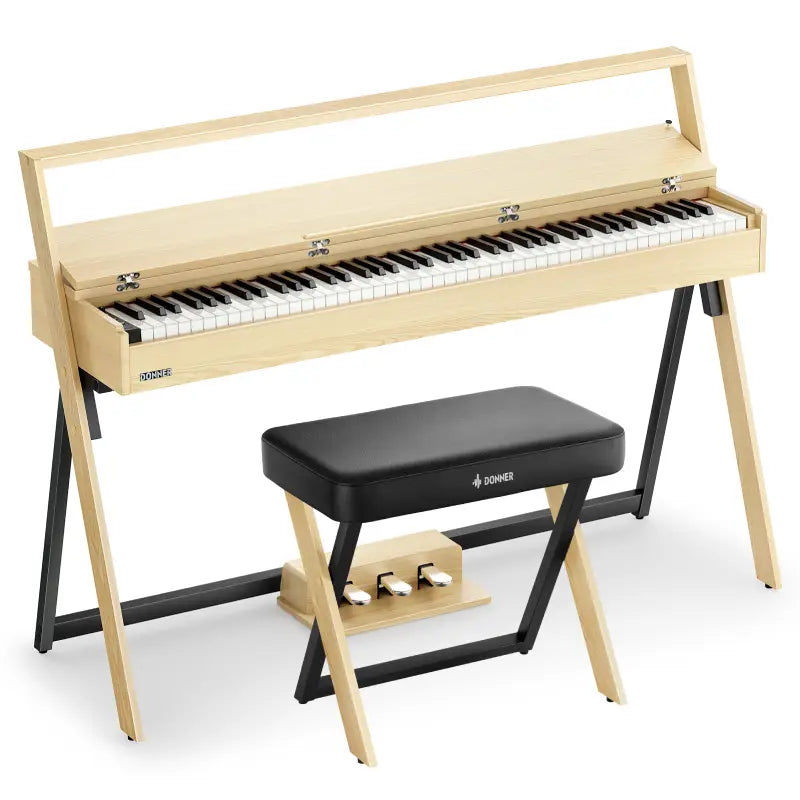
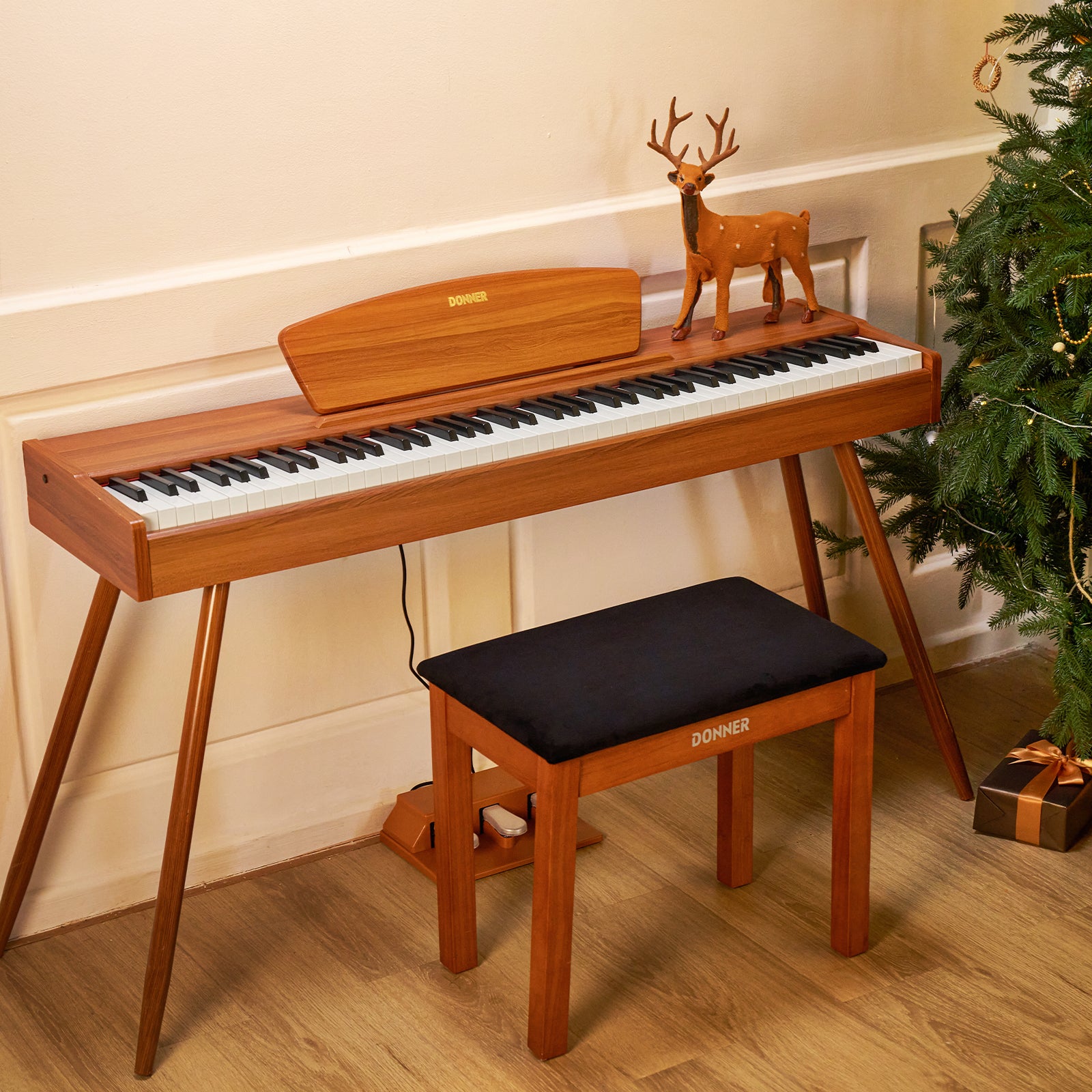
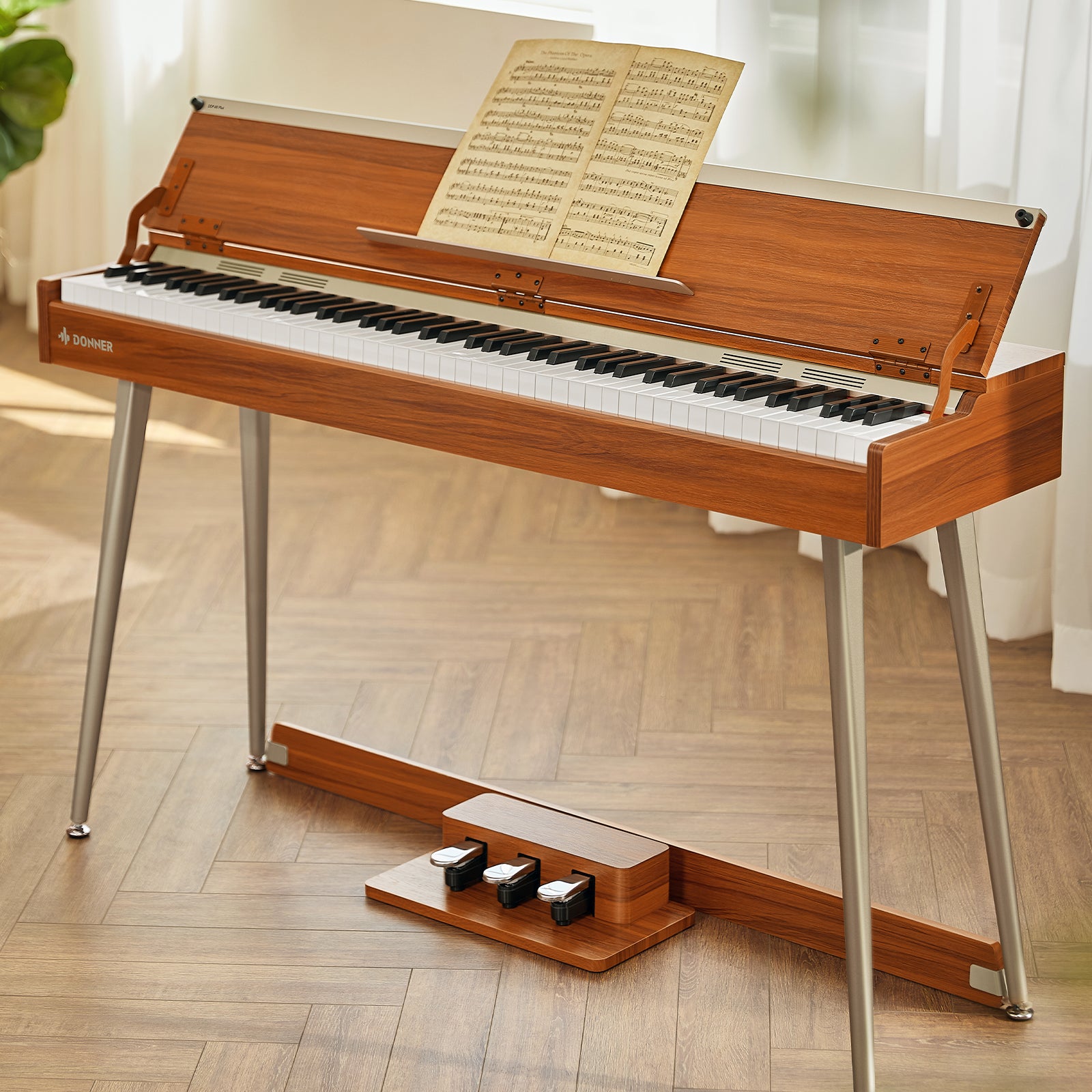
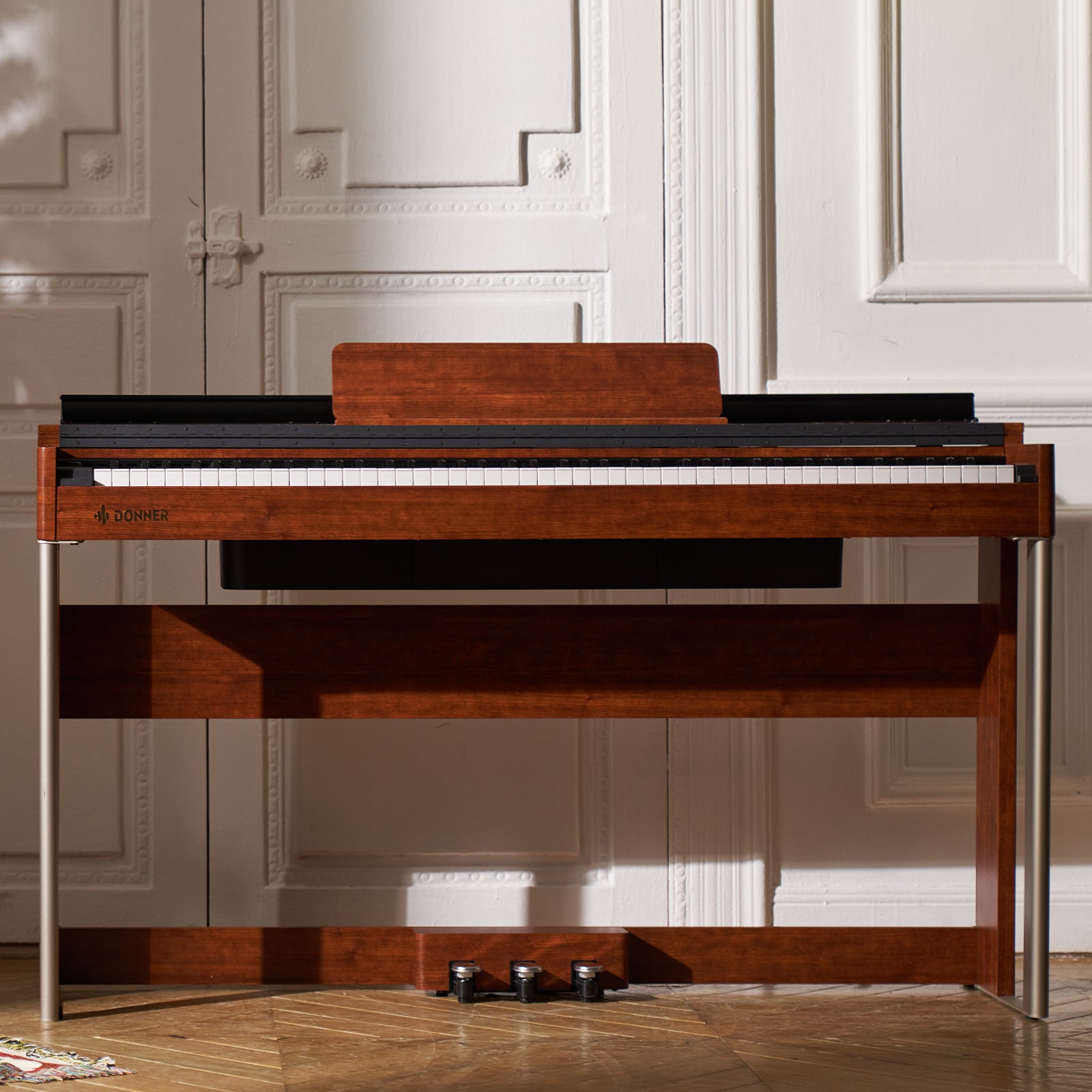
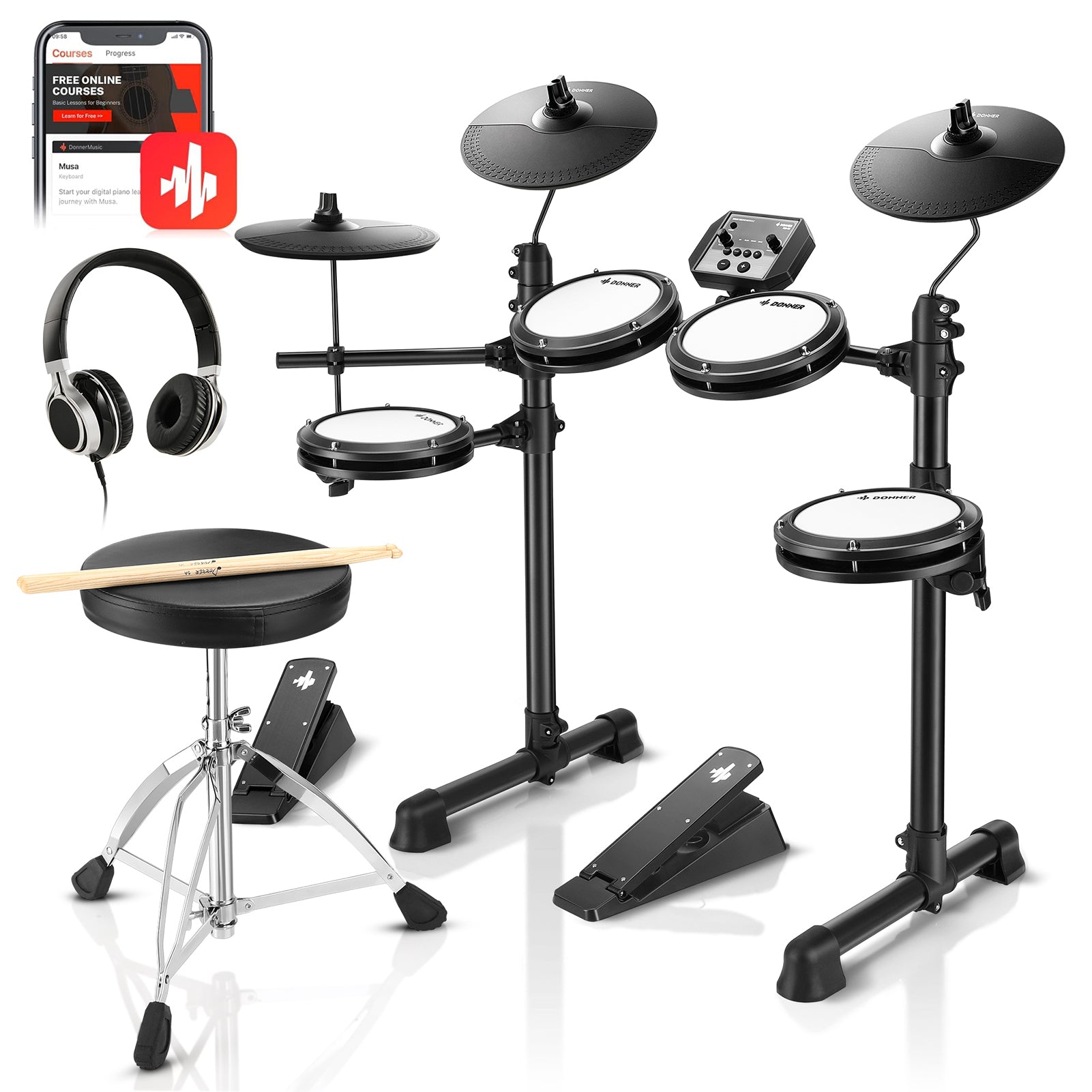

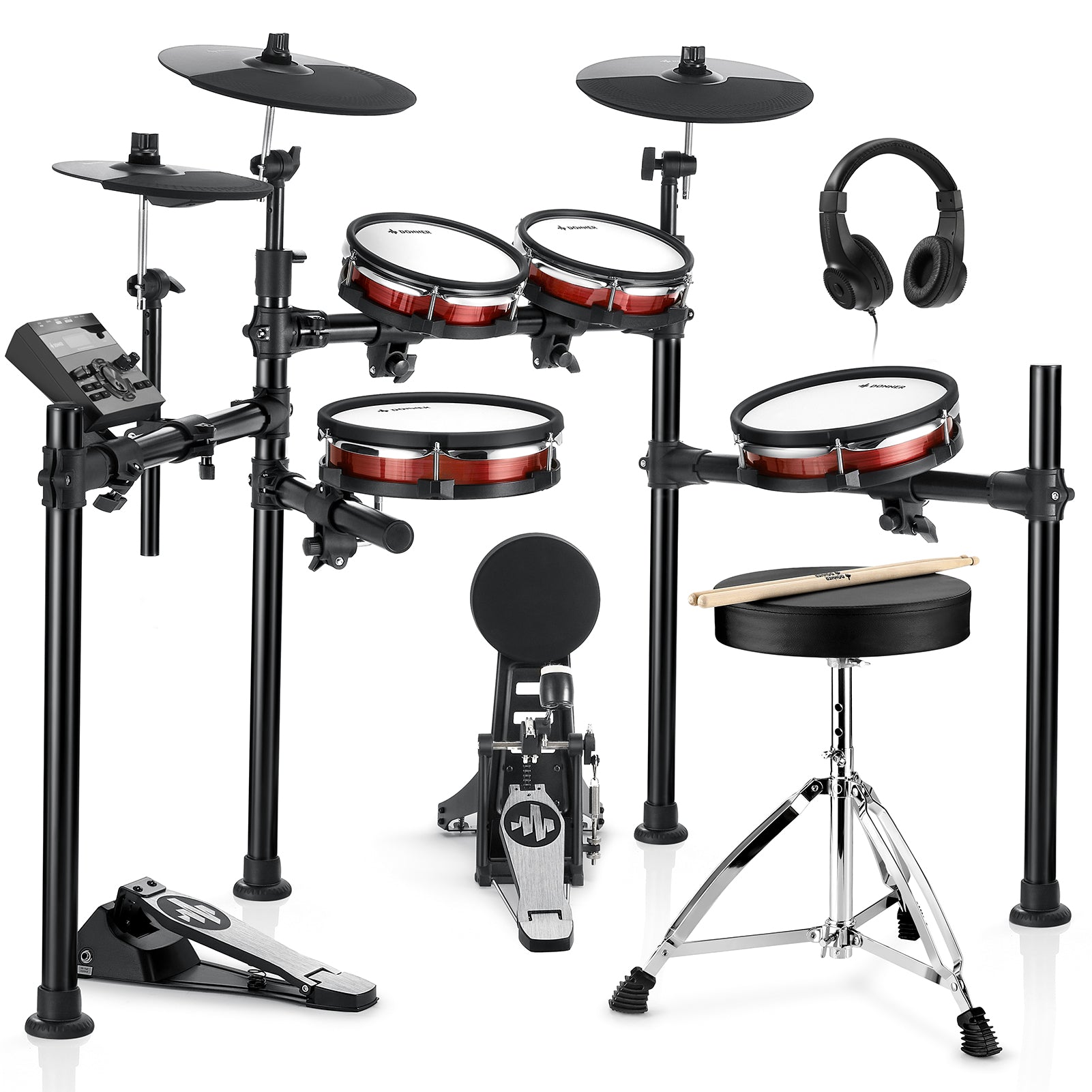
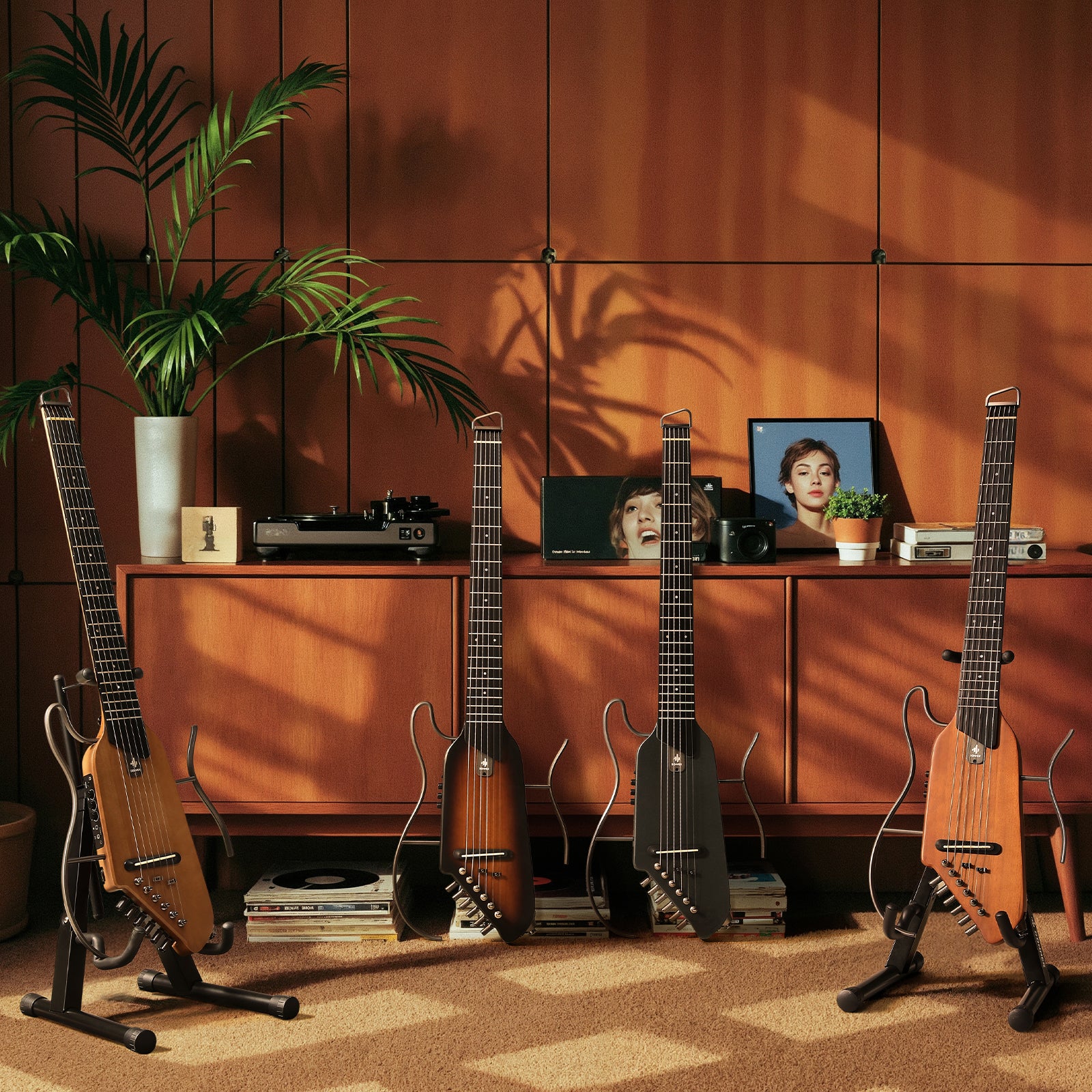

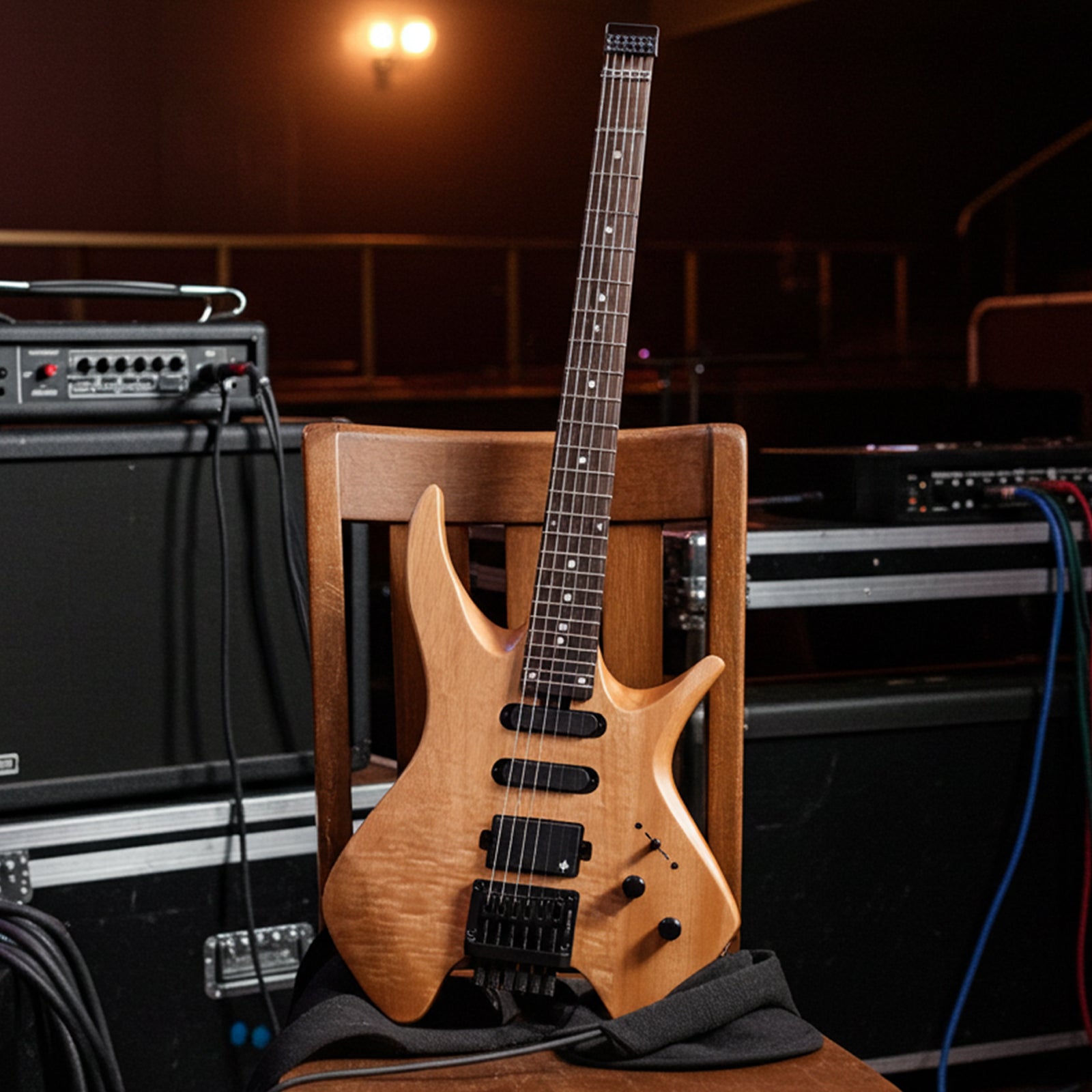
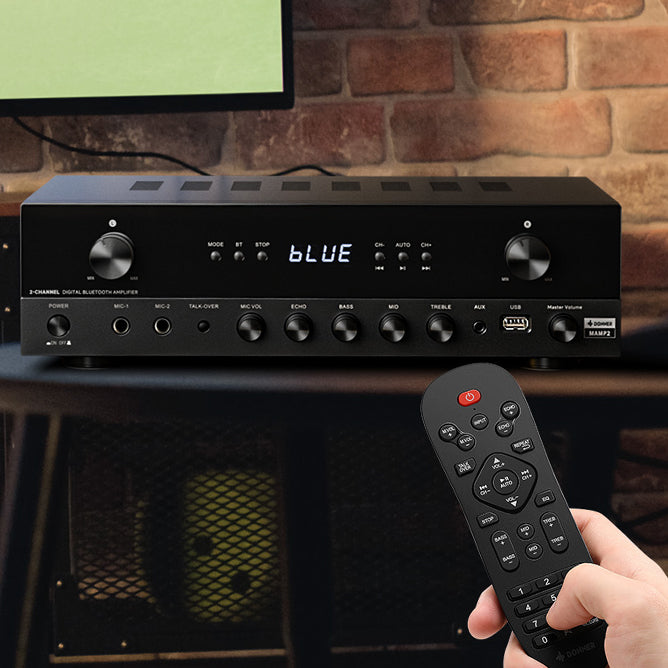
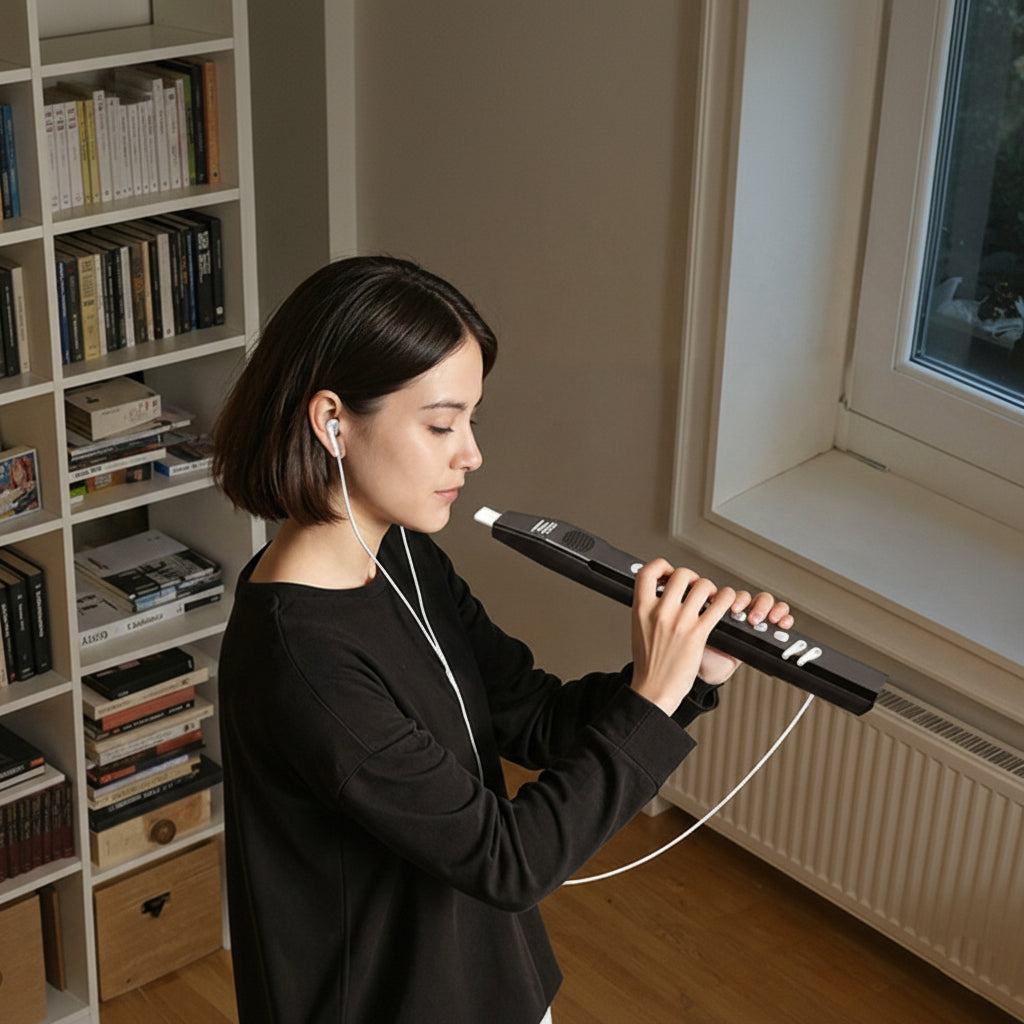






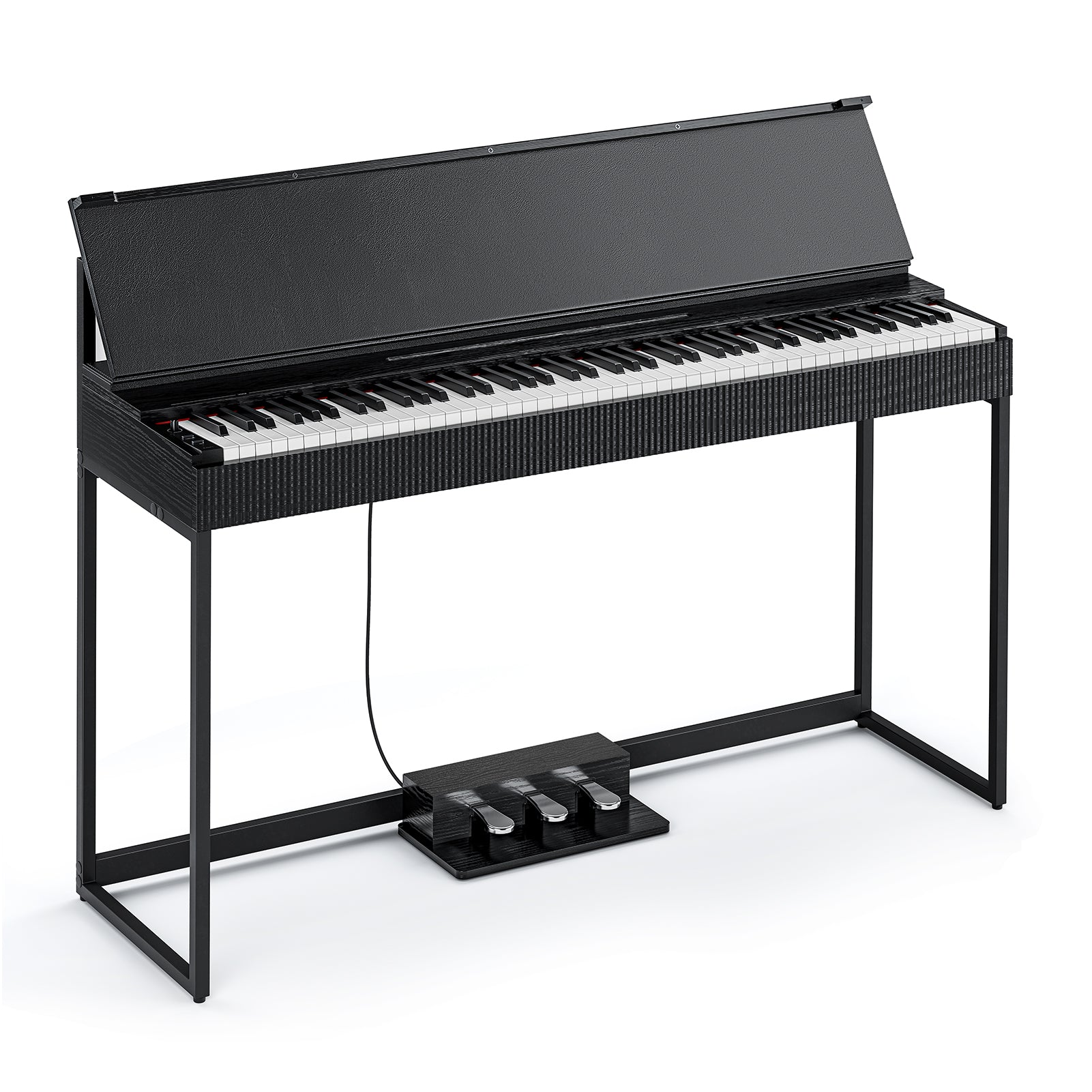
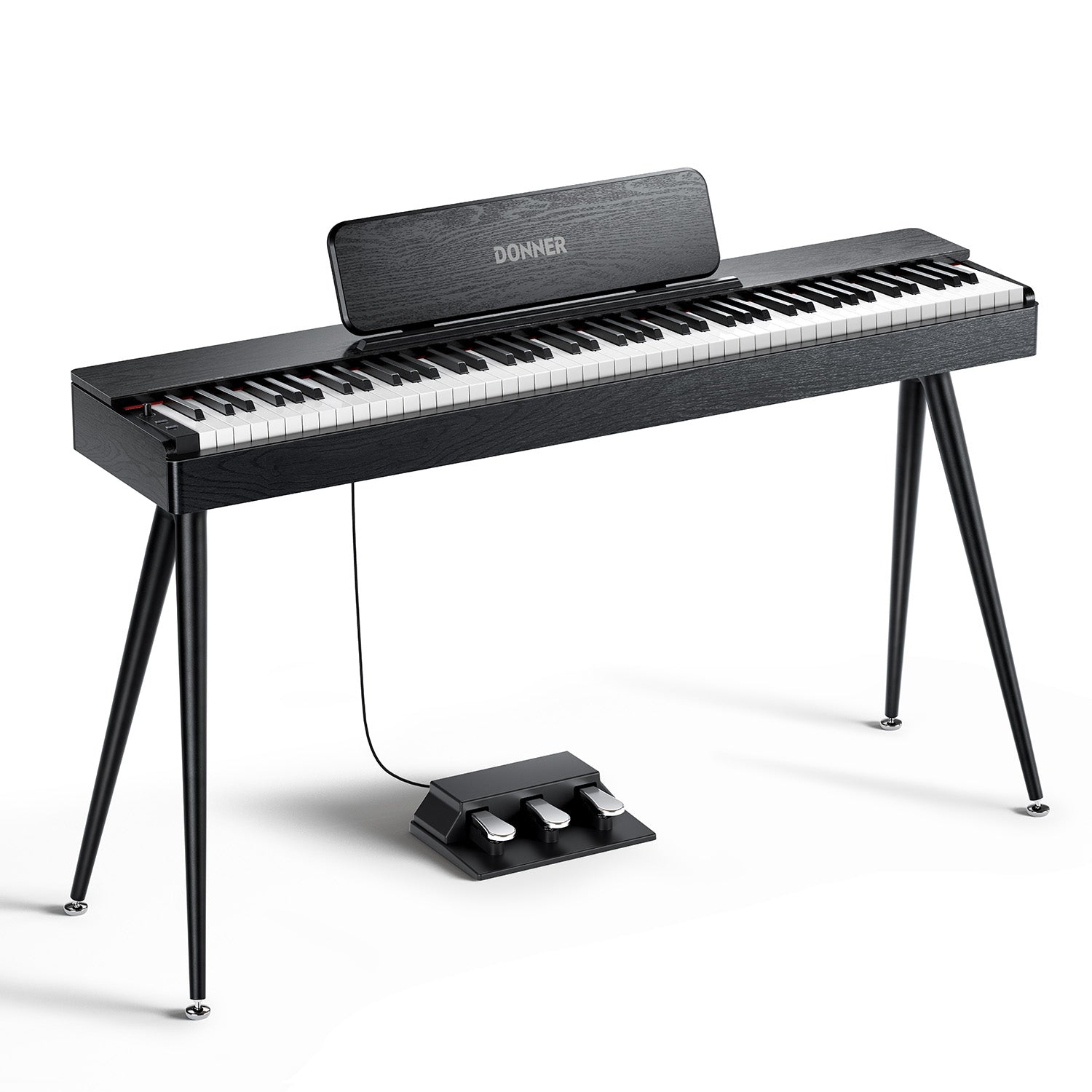
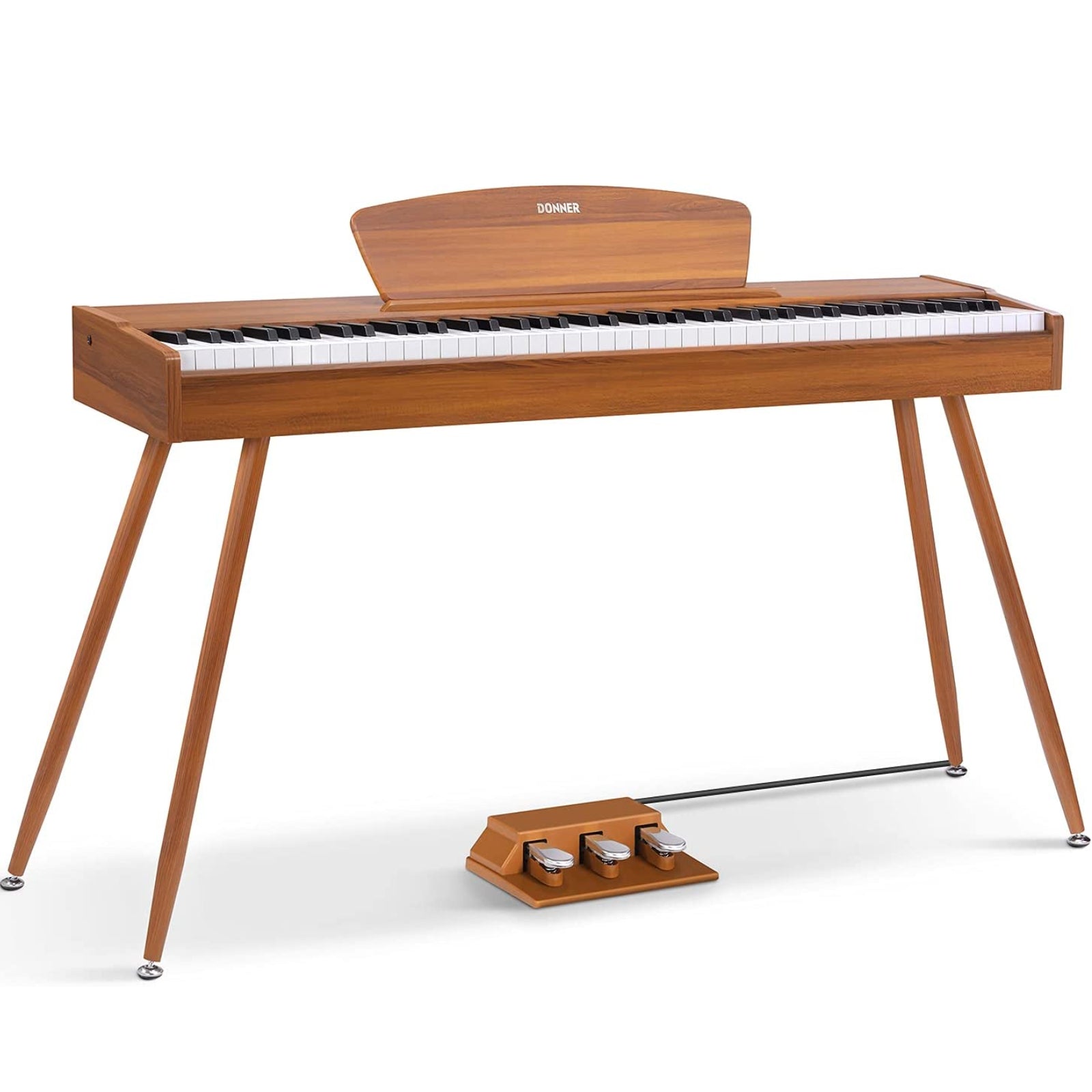

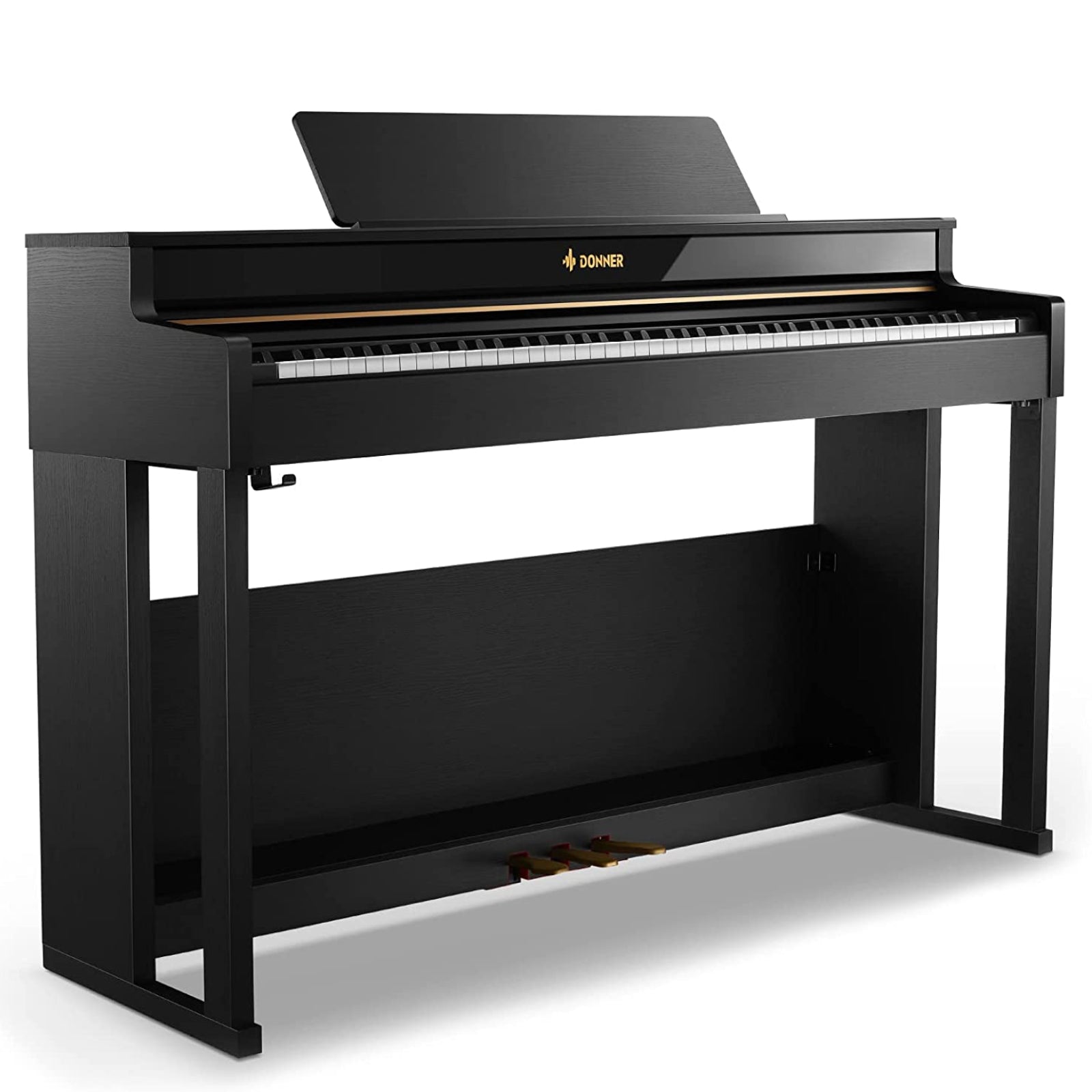
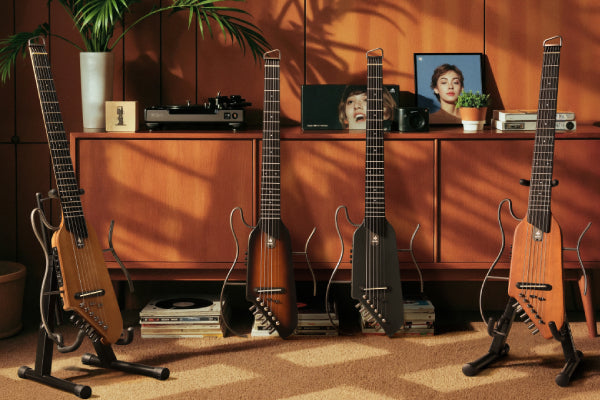
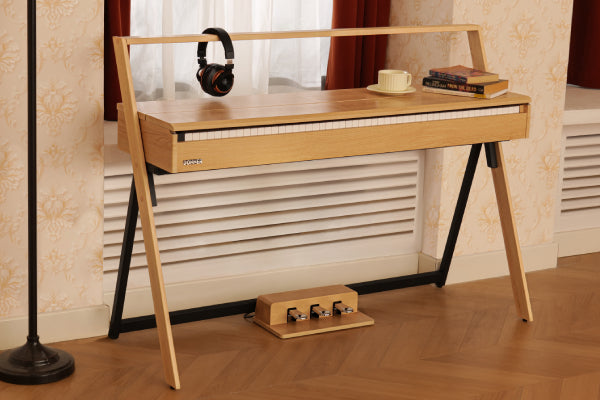
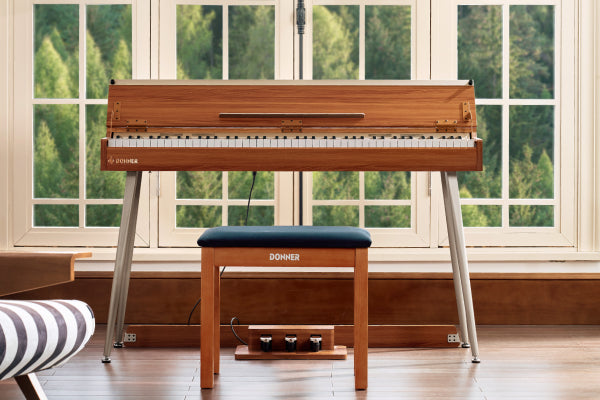





Leave a comment
All comments are moderated before being published.
This site is protected by hCaptcha and the hCaptcha Privacy Policy and Terms of Service apply.